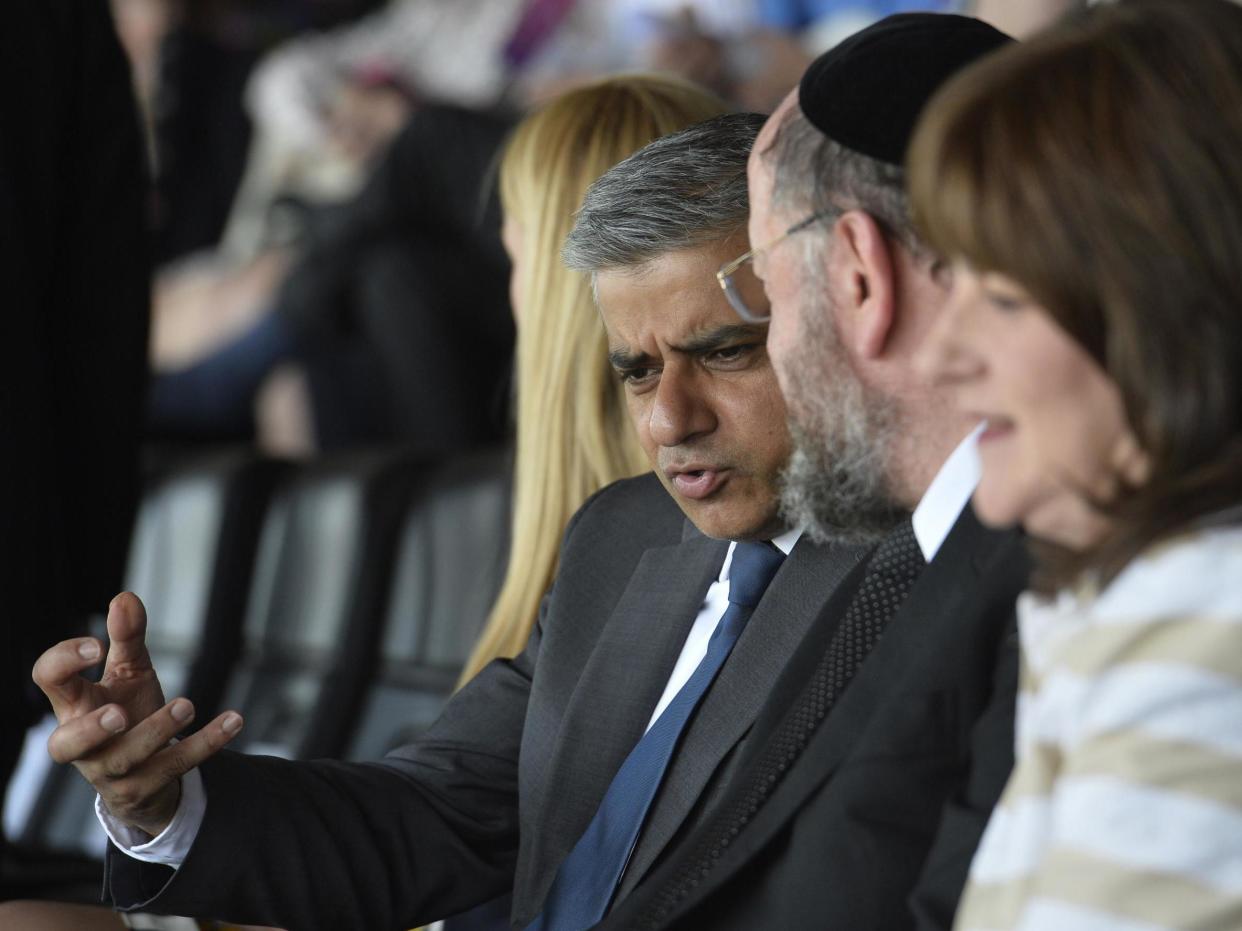75 years on, Britons must never forget the horrors of the Holocaust

In every city, in every corner of the world, you find statues, memorials and monuments – landmarks placed to remind local people and visitors alike of an area’s culture, history and heroes.
They are there to pay tribute to pioneers and trailblazers, to remember those who fought for our freedom and to ensure we learn the lessons of the past.
Quite rightly, there are calls for better representation among our statues and memorials and there is a need to ensure that we’re honouring all of those who have truly helped to shape our lives as well as celebrating a more complete version of our history. Monuments must exist to deepen our understanding of who we are, remind us of uncomfortable truths from our history and strengthen our commitment not to make the same mistakes again.
That’s why we’ve installed a statue of the suffragist Millicent Fawcett in Parliament Square, why I was so proud to be on the judging panel for the national Holocaust Memorial and Learning Centre in Westminster, and why I’m keen to support a new commemoration of the impact of slavery on our city and its communities.
In addition to stepping up our efforts to increase representation, it’s vital that we preserve our existing heritage. Rightly, there’s shock and condemnation across the world when war brings cultural destruction with it. Such mindless vandalism robs communities of important historical sites and risks erasing elements of our past that should never be forgotten.
And, just as we wouldn’t destroy – or threaten to destroy – a cultural institution, we also can’t let sites of deep historical significance be wiped from our collective memory or fall into disrepair. We must ensure they are preserved so that generations to come can learn from them and be on their guard against prejudice and hatred.
That’s why I am proud that London has granted £300,000 to the Auschwitz-Birkenau Foundation. We joined Paris and national governments from around the world in offering our support to their crucial work preserving the authentic remains of the Auschwitz-Birkenau site, including the former Nazi concentration and extermination camp infrastructure and the personal items of the victims.
Some might think that the old gas chambers and crematoria should be consigned to the past, but this site is playing a vital role in educating Londoners and people from around the world about the horrors of the Holocaust. We can all learn about these unimaginable horrors in history books, but I’ve seen for myself the huge impact a visit to Auschwitz-Birkenau has on London pupils. They are seeing the stark reality of a site where more than one million men, women and children – more than 950,000 of whom were Jewish – were killed in the Second World War.
The Holocaust was one of the darkest chapters in human history. A crime against humanity. As the years pass, and as we have fewer survivors to pass on their stories, it is important that we work even harder to ensure younger generations learn the lessons from history. These lessons are all the more significant as we see antisemitism and hate crime on the rise once again.
So as I travel to Poland this weekend to stand with Holocaust survivors, members of European royal families and heads of government for the 75th anniversary of the liberation of Auschwitz-Birkenau on Monday, I know that we are united. United in the knowledge that this atrocity cannot and will never be forgotten.
Sadiq Khan is the Mayor of London.
Read more
World leaders gather for Holocaust forum in Jerusalem without Poland


